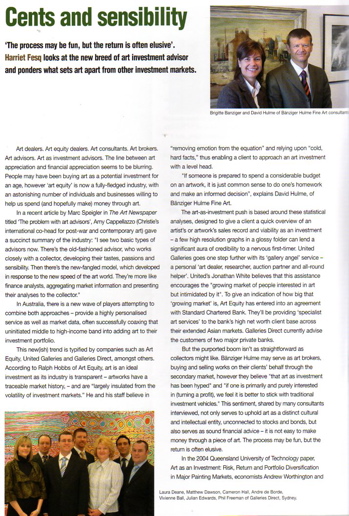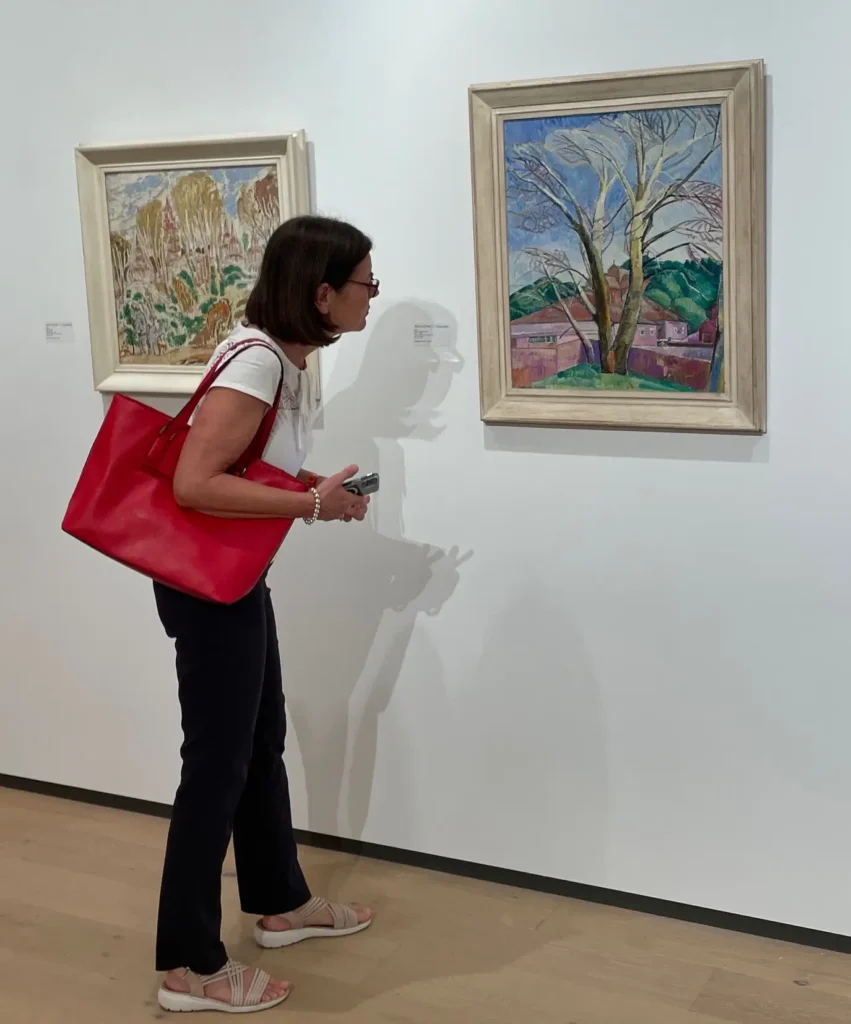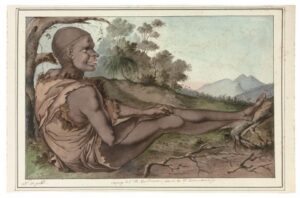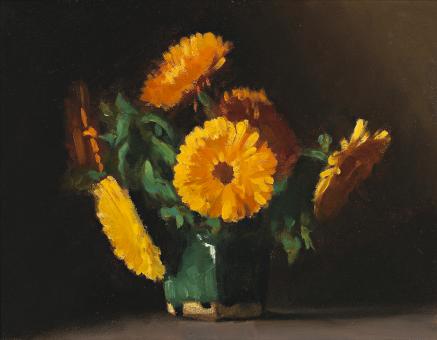
The world of fine art can be confusing. Art dealers and art consultants both seem to offer a service that is strikingly similar.
Uncovering the differences between the role of an art consultant and art dealer is critical if you are delving into the world of fine art, especially if you require an honest valuation or appraisal of an artwork.
Art Dealers Explained
Art dealers ‘deal’ with artists and buyers, hold inventory, and offer work on consignment.
Art consultants, on the other hand, are sources of independent advice on art. They do not represent artists, living or deceased, and they do not hold stock for sale.
Art dealers hold artwork as inventory and regularly sell the art to clients. Works can be by both living and deceased artists. Art dealers make a living by selling the works that they have in their inventory, deriving a commission from the sale of the works.
Unfortunately, this situation is not always best for the buyer, who is usually unaware of the professional position of the art dealer. There is no regulation that dictates that art dealers reveal their commercial interest in the sale of the work.
This situation can be confusing to many clients. An interest in obtaining a fine piece of art can make you vulnerable to commission-driven sales people. Art is both beautiful and can also function as a financial investment tool, so understanding how art is valued is important before buying any artwork.
So What’s an Art Consultant?
An art consultant is an ideal choice for any potential art purchase. Art consultants are experts in fine art as well as in a number of factors that influence the value of art, such as the market and current art trends. An art consultant serves the sole purpose of providing advice to buyers and sellers of fine art.
There are subjective elements in all consultancy work, but what you are looking for is an independent and honest appraisal and advice from someone who is paid directly by the client, and not a commercial art gallery.
Assessing these business factors will generally give you a good indication of whether you are dealing with a company that has bias or affiliations that will have an impact on your purchasing decision.
An art consultant does not represent artists or have a commercial interest in a buyer’s choice, other than ensuring the buyer makes the choice that will be best for them in the long-term.
If you are considering buying an artwork, the decision is not one that you want to make lightly. Unless you have education and experience in art, it will be hard for you to understand a number of elements that factor into the value of your purchase, including the market appetite for your particular choice, rarity, and other historical and critical factors.
How do they value an artwork?
Here are a few factors that an experienced consultant will examine when appraising an artwork:
Authenticity
This is the first and most important factor, especially if the artist is significant.
Condition
We assess the requirements for repairs, conservation and framing.
Rarity
Value is enhanced by rarity. The reason that this is an important factor extends beyond simple supply and demand rules, including the likelihood that similar works will become available and how many examples of similar works exist.
Historical and social significance
Trail-blazers are typically valued more highly than artists who conform to the norms of their artistic age. In addition, particular pieces are either a record of important historical or societal movements or hold significance as artefacts of a movement.
Provenance
The history of ownership of a piece, including where it has been sold and displayed, can have a huge impact on the value of a work.
Subject matter and medium
Just as with any market, there are particular favourites in the market for fine art. Whilst everyone is entitled to account for their own tastes, if a work is immediately recognisable as characteristic of an artist’s style, this will significantly impact the value.
Limited edition prints
Smaller editions typically have a higher value.
Size
The physical size of an artwork will impact its price.
Market demand and fashion trends
As we have all witnessed, particular artists have had the price of their work skyrocket upon particular events. The market selects this artist as desirable, and value increases. As rapid the ascent into popularity, demand may slip away equally as fast.
Comparability
Sales records and results from previous auctions or sales can impact the current value of any piece.
How to select an Art Consultant
How can you tell whether your art consultant is equipped to handle the many facets of information that any given piece of art requires for appraisal?
At a minimum, if you are seeking the services of a professional art consultant, you should make sure that they are registered with the Australian government as a Cultural Gifts Valuer. This is the first critical endorsement. Secondly, it pays to make sure that your prospective art consultant is a member of a respected Australian institution, such as the Art Consulting Association of Australia (ACAA). This is a group of registered specialist fine art valuers. Both professional bodies require that valuers meet professional criteria, including endorsement.
Banziger Hulme Fine Art (BHFA) Consultants are a member of the Art Consulting Association of Australia and we are an Approved Service Provider for the Australian Antique and Art Dealers Association.
At BHFA, we pride ourselves on our professional standing in the industry. David Hulme, Managing Director of BHFA, also writes for the Australian Arts Sales Digest and Canvass Magazine. He has made television appearances on ABC News, and radio programs as a guest speaker to discuss his area of expertise.
With our advice, our clients can make fully informed decisions regarding the purchase of art, or the valuation of art for other situations. Our services include appraisal of art for sale, superannuation funds, insurance, family divisions, and probate or deceased estates. We also offer brokerage services to assist in the sale or purchase of art, and offer independent, transparent advice.
Many of our clients are striving to purchase a piece that sits outside their financial comfort zone. We understand that this creates stress, so we endeavour to provide authoritative advice that demystifies all elements of the purchase.
As leading arts consultants, we regularly advise private collectors as well as corporate and public institutions who require specialised art advice in preparation for a purchase.
Just as we are in the business of demystifying art value, our service-based fees ensure that you are always clear about the costs of our services.
If you have any questions about art, we would love to hear from you by email at info@bhfineart.com or by phone on (02) 9977 7764.




